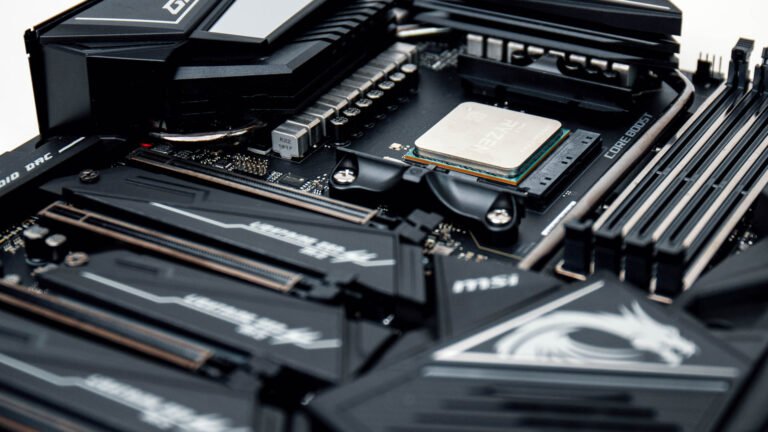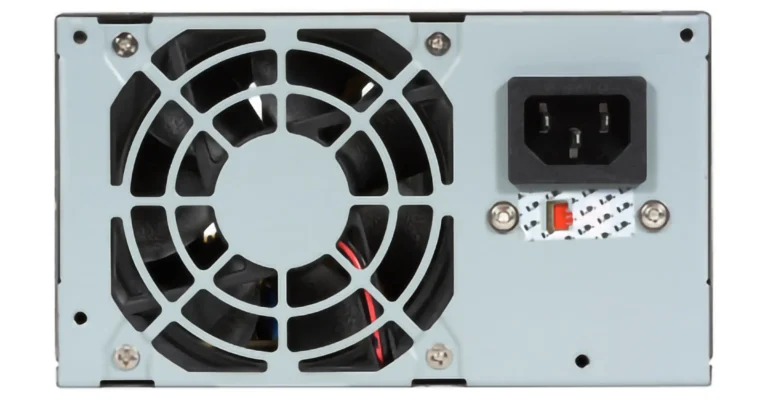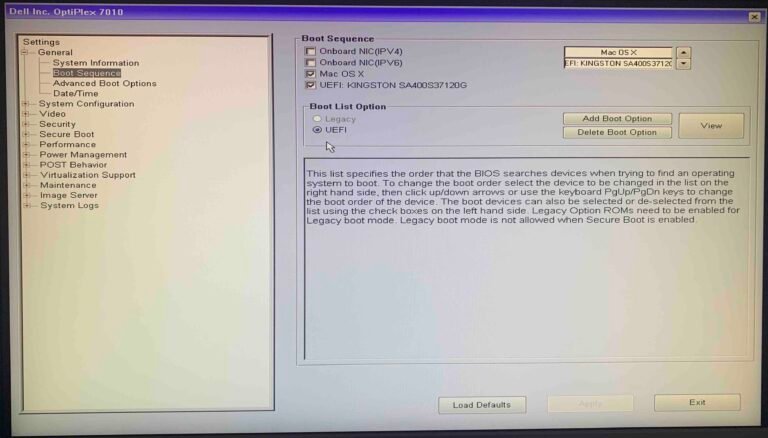Does Mineral Oil Conduct Electricity
No, mineral oil does not conduct electricity. This is because it is an insulator, meaning that it does not allow electricity to flow through it. This makes it an ideal material for use in electrical applications where you want to prevent the flow of electricity, such as in electrical insulation.
Mineral oil is a non-conductive material, meaning that it does not allow electricity to flow through it. This makes it an ideal insulator for electrical components and equipment. However, mineral oil can become a conductor if it becomes contaminated with water or other materials that conduct electricity.
Does Mineral Oil With Salt Conduct Electricity
Mineral oil with salt does conduct electricity. This is because the molecules in mineral oil are able to move around and interact with each other, allowing for electrical current to flow through them. The addition of salt to the mineral oil increases its conductivity by providing more ions that can carry electric current.
Mineral Oil Pc
Mineral oil is a clear, colorless oil derived from petroleum. It has a variety of uses, including as a lubricant and a coolant. But did you know that it can also be used to clean your PC?
That’s right – mineral oil can be used to clean the internals of your computer. It’s safe for use on all electronic components and won’t damage delicate parts. Plus, it’s an effective way to remove dust, dirt, and other debris from your PC.
To use mineral oil to clean your PC, simply pour a small amount into a bowl or container. Then use a lint-free cloth to wipe down the inside of your computer case (be sure to unplug all cables first!). The mineral oil will pick up dust and dirt while simultaneously cooling and lubricating sensitive components.
Once you’re finished cleaning, simply allow the mineral oil to evaporate – there’s no need to rinse it off. Your computer will be clean, dust-free, and running cooler than ever before!
Mineral Oil Immersion Cooling
Mineral oil immersion cooling is a method of cooling electronic components using a mineral oil bath. The components are submerged in the oil, which dissipates heat away from them. This type of cooling is often used in high-performance computers, as it can provide better cooling than air cooling while still being relatively simple to implement.
One advantage of mineral oil immersion cooling is that it can be used with almost any type of computer component. CPU coolers, GPUs, and even motherboard chipsets can all be cooled using this method. Additionally, because the mineral oil does not conduct electricity, there is no risk of electrical damage to the components.
Another advantage is that mineral oil provides excellent thermal conductivity, meaning that it can effectively dissipate heat away from the components. This results in lower temperatures for the components, which can improve their performance or allow them to be overclocked more easily. Additionally, because the system does not rely on airflow for cooling, it is much quieter than most air-cooled systems.
There are some disadvantages to mineral oil immersion cooling as well. One is that if a leak develops, the mineral oil can damage furniture or other items in the home. Additionally, because the system relies on liquid for cooling, it is more complex and expensive than air-cooled systems.
Finally, although it provides good cooling performance overall, individual components may not receive enough airflow to prevent overheating under heavy load conditions.
Pure Mineral Oil
Mineral oil is a clear, colorless oil composed of saturated hydrocarbons derived from petroleum. It has a long history of use as a lubricant and moisture sealant in a variety of industries and applications.
Today, mineral oil is commonly used as a food-grade lubricant and moisture barrier in the cosmetics industry.
It can be found in many skin care products, hair care products, and makeup products. Mineral oil is also commonly used as a machine lubricant and rust preventative in the manufacturing industry.
While mineral oil has many benefits, it also has some drawbacks.
Because it is derived from petroleum, it is not considered to be environmentally friendly. Additionally, mineral oil can clog pores and lead to acne breakouts if used excessively on the skin.
Is Mineral Oil Good for Pc Cooling
Is Mineral Oil Good for Pc Cooling?
Mineral oil is often used as a coolant for computers and other electronic equipment. Its high heat capacity and low cost make it an attractive option for many people.
However, there are some potential drawbacks to using mineral oil that you should be aware of before you decide to use it in your own computer.
One of the biggest concerns with using mineral oil is that it can be difficult to clean up if there is a spill. The oil can quickly spread out and contaminate other components in your computer, making them more difficult to clean or repair.
In addition, if the oil becomes too hot, it can start to break down and release harmful chemicals into the air. If you do choose to use mineral oil, be sure to have a plan in place for how you will deal with any spills that occur.
Another consideration is that mineral oil can eventually degrade over time due to exposure to heat and light.
This degradation can cause the oil to become less effective at cooling your computer components, so you may need to replace it more frequently than other types of coolants.

Credit: www.pugetsystems.com
Is Mineral Oil Electrically Conductive?
No, mineral oil is not electrically conductive. It is an insulator.
Is All Mineral Oil Non-Conductive?
No, not all mineral oil is non-conductive. In fact, some types of mineral oil can be quite conductive. The key factor that determines whether or not a particular type of mineral oil is conductive is its purity.
The more impurities present in the mineral oil, the more likely it is to be conductive.
What Oil Does Not Conduct Electricity?
The vast majority of oils do not conduct electricity. This is because they are made up of long hydrocarbon chains that do not allow electrons to flow freely between molecules. There are a few exceptions, however.
Some oils, such as those used in transformers and capacitors, contain additives that make them electrically conductive.
What is the Conductivity of Mineral Oil?
The conductivity of mineral oil is quite low, on the order of 10^-6 S/m. This is due to the fact that it is a hydrocarbon, and thus has only weak intermolecular interactions. The dielectric constant of mineral oil is also quite low, around 2.
Oil VS High Voltage! 👾
Conclusion
This blog post discusses whether or not mineral oil conducts electricity. The author concludes that while mineral oil is an insulator, it can conduct electricity under certain circumstances.










